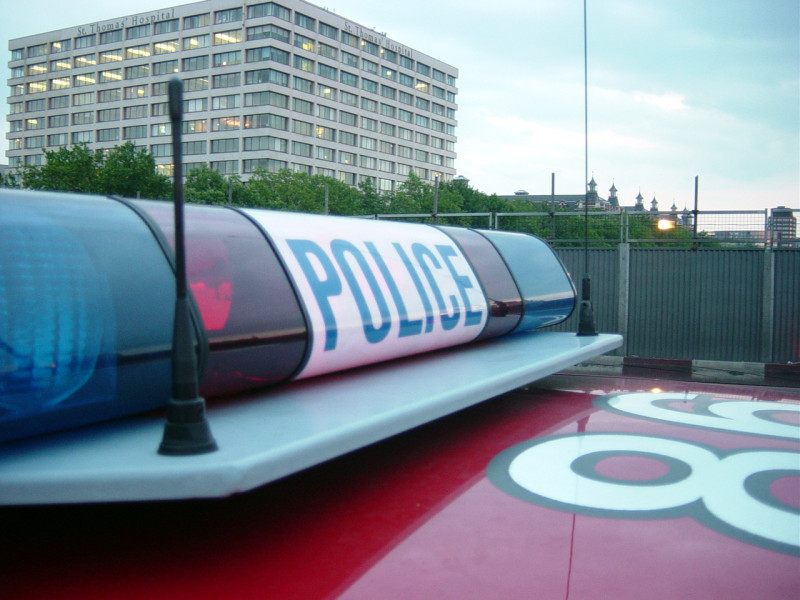St. Louis is suing the state over a new public safety law creating a “Law Enforcement Bill of Rights,” alleging it is unconstitutional.
The lawsuit, filed in Cole County Friday, argued the law was unconstitutional due to its scope, straying beyond its designation as a public safety bill as most of the 14 statutes impacted by the bill were unrelated to public safety.
It also said the bill required cities to undertake new tasks without an appropriation, created new duties for city employees, and required the use of public funds to represent officers in their private capacities.
The lawsuit also alleged the new law interfered with civil service procedures and impaired the right to equal protection under the law.
St. Louis City Counselor Sheena Hamilton said the various components of the bill were inseparable and urged the court to nullify the entirety of the law, which went into effect in August.
The legislation was sponsored by Republican Sen. Bill Eigel.
“Protecting our law enforcement from the attacks of the left became a priority of our caucus during this most recent legislative session,” Eigel previously said in a statement. “We fought for the Law Enforcement Officer’s Bill of Rights and pushed back against the radical, ‘defund the police’ agenda. Missourians know that stronger, safer communities depend on respected police forces and we’re proud to show our support from the halls of the capitol.”
Eigel’s legislation established new protections for police officers who are under investigation or subjected to questioning that could result in disciplinary action or dismissal. Officers are required to be notified in writing of the alleged violation and who would be conducting the investigation at least 24 hours before interrogation.
St. Louis Police Chief John Hayden was among the bill’s detractors as it passed through the legislature this year, warning the bill could jeopardize investigations and accountability among law enforcement.
The bill also added protections for those who bring a complaint against a law enforcement officer, including for members of the same agency or department. It mandated any identifying information shall be held in camera by the investigating agency.
Additionally, the bill added to the offense of institutional vandalism should someone deface a public monument or structure on public property and prohibited someone convicted of a dangerous felony who endangered the life of a first responder who is in the line of duty from probation eligibility.
The legislature included a provision allowing offenders sentenced to 15 or more years as a minor for nonviolent crimes to apply for parole after 15 years of imprisonment. The individual can continue to apply for parole every three years if denied.
 Loading...
Loading...

Cameron Gerber studied journalism at Lincoln University. Prior to Lincoln, he earned an associate’s degree from State Fair Community College. Cameron is a native of Eldon, Missouri.
Contact Cameron at cameron@themissouritimes.com.




























